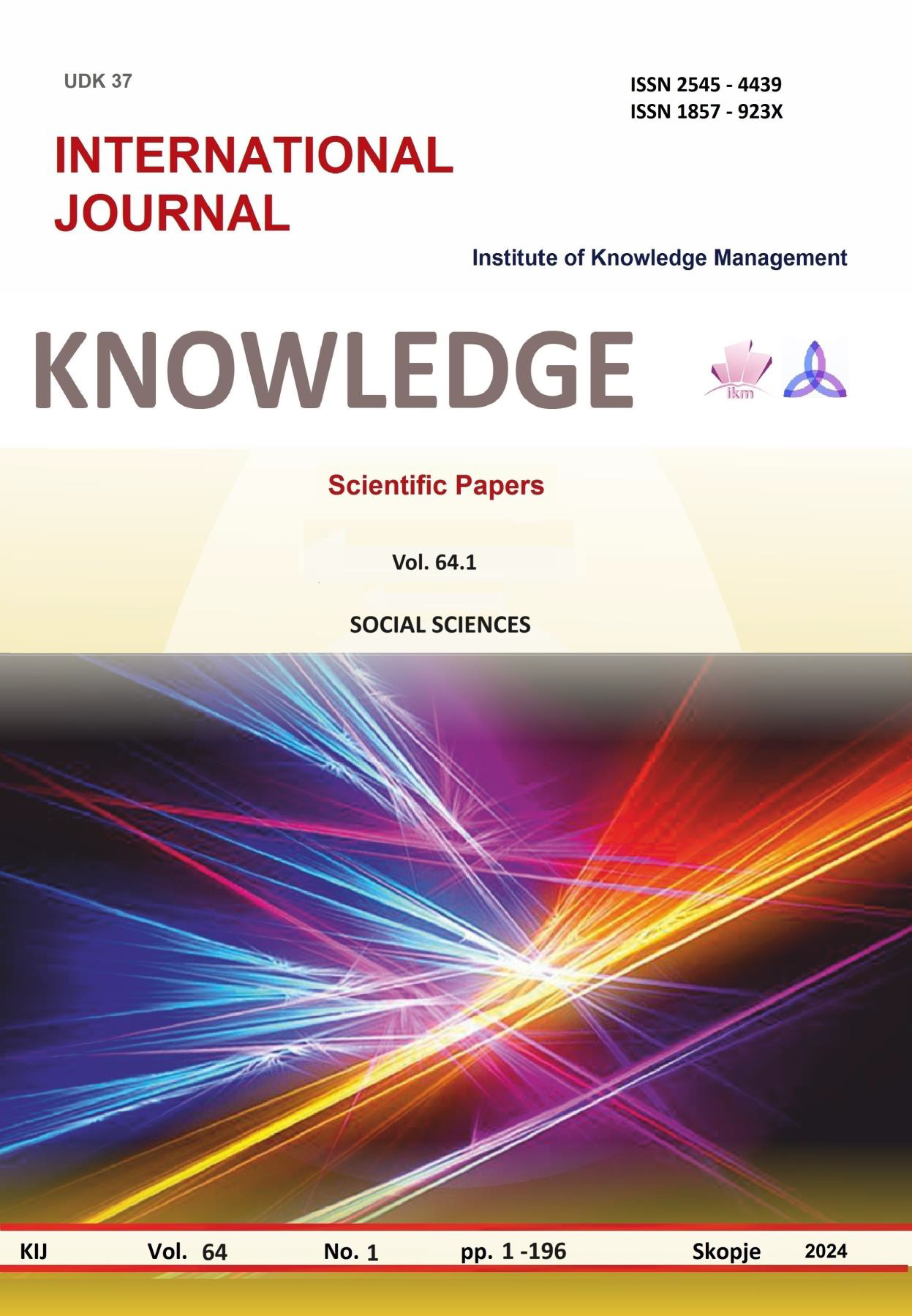THE RELATIONSHIP BETWEEN INFLATION, INTEREST RATE, AND ECONOMIC GROWTH: THE CASE OF WESTERN BALKANS COUNTRIES
THE RELATIONSHIP BETWEEN INFLATION, INTEREST RATE, AND ECONOMIC GROWTH: THE CASE OF WESTERN BALKANS COUNTRIES
Author(s): Arta Krasniqi Markaj, Arbër KrasniqiSubject(s): National Economy, Public Finances
Published by: Scientific Institute of Management and Knowledge
Keywords: Economic growth;inflation;interest rate;government consumption;Western Balkan countries
Summary/Abstract: The dynamic and interconnected nature of inflation, interest rates, general government final consumption expenditure, and economic growth underscores their mutual influence. This paper aims to explore how inflation, real interest rates, and general government final consumption expenditure impact economic growth in Western Balkan countries from 2008 to 2022. Specifically, the study seeks to determine the significance of these factors in shaping economic performance in the region. Employing analytical techniques such as Ordinary Least Squares (OLS), fixed and random effects models, and the Hausman-Taylor model with instrumental variables (IVs), the research assesses the role of inflation, interest rates, and government consumption. The findings reveal that inflation and general government final consumption expenditure exert a significant influence on the economy in the Western Balkans, as evidenced by the application of the Hausman-Taylor instrumentals IVs. On the other hand, real interest rates exhibit insignificant effects on economic growth. Understanding these relationships is imperative for policymakers and economists in crafting effective monetary and fiscal policies that foster sustainable economic growth while upholding price stability. By comprehensively analyzing the interactions between inflation, interest rates, general government final consumption expenditure, and economic growth, policymakers can make informed decisions to bolster macroeconomic stability and prosperity across the region. Furthermore, this research contributes to the existing literature by providing insights into the specific dynamics of economic growth in the Western Balkans region. By examining the impact of inflation, real interest rates, and general government final consumption expenditure on economic performance over the specified period, the study offers valuable evidence that can inform policy formulation and decision-making processes. Additionally, the findings underscore the importance of tailored policy interventions to address the unique economic challenges and opportunities faced by Western Balkan countries, ultimately aiming to foster sustainable development and prosperity in the region. Moreover, the study highlights the need for continued monitoring and evaluation of macroeconomic indicators in the Western Balkans to ensure effective policy responses to evolving economic conditions. By incorporating a comprehensive analysis of inflation, interest rates, and general government final consumption expenditure into policymaking frameworks, policymakers can enhance their ability to mitigate economic risks and capitalize on growth opportunities. Ultimately, this research aims to contribute to the ongoing dialogue on economic development in the Western Balkans and facilitate evidence-based policymaking for sustainable and inclusive growth in the region.
Journal: Knowledge - International Journal
- Issue Year: 64/2024
- Issue No: 1
- Page Range: 55-60
- Page Count: 6
- Language: English

